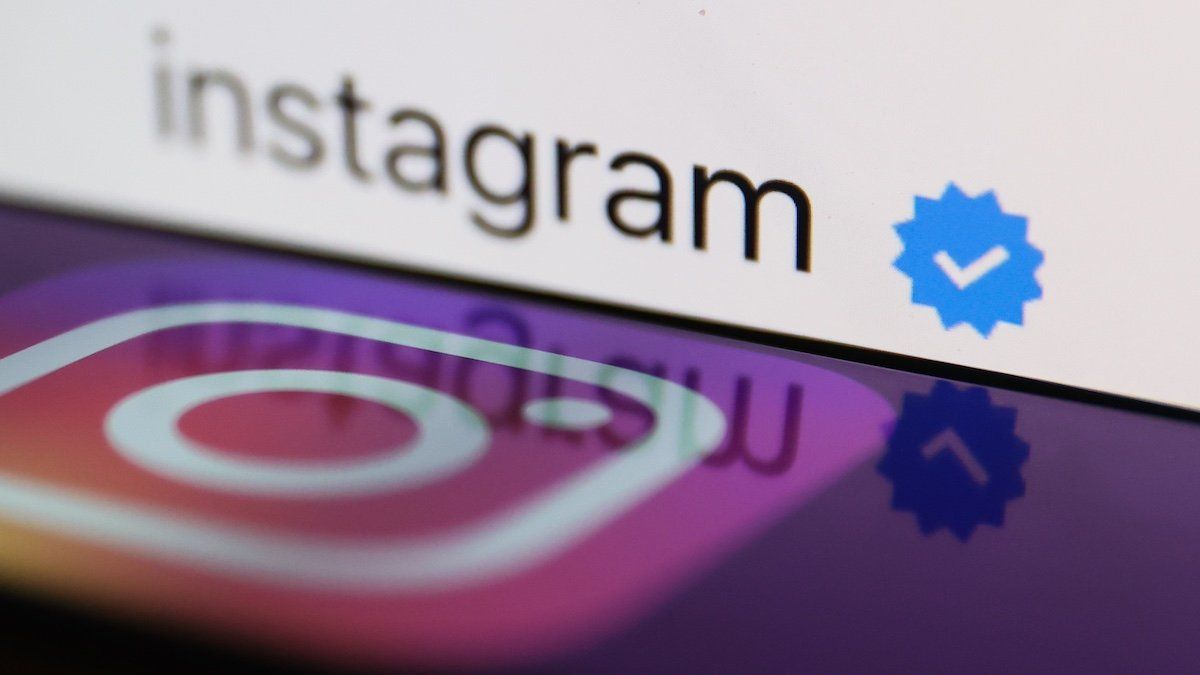Remember that embarrassing picture of you on Facebook? The one with the red solo cups in the background that you tried to hide from future employers? No, no not that one. The other one.
Meta’s global privacy director, Melinda Claybaugh, recently told Australian legislators that, yes, the company’s artificial intelligence systems are trained in part on users’ public posts on Facebook and Instagram. The Facebook data trove dates all the way back to 2007, a year after it opened its service to the public.
The company allows users to set their posts to public or private and maintains that only the public posts are used for training AI. In Europe, users can opt out of having their information used to train Meta’s language models due to the EU’s privacy laws, and in Brazil, Meta was recently ordered to stop using its citizens’ data for this purpose.
In the UK, Meta paused training its AI on users’ posts following an inquiry from Britain’s Information Commissioner’s Office but plans to resume doing so after answering the regulator’s questions.
Given these revelations, you can guess that if you ask Meta’s AI for “embarrassing pictures from college,” its responses might be a little too accurate.
